Prune a Peppermint: [Importance, Time, Tools, Considerations and Steps]
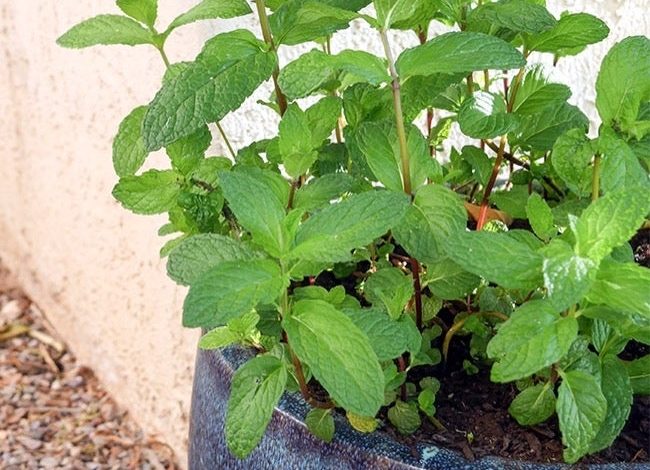
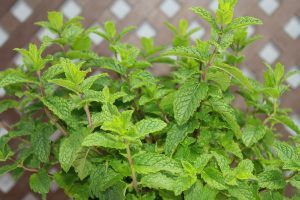 When it comes to pruning mint there are many elements that we have to consider so that the action goes as it should.
When it comes to pruning mint there are many elements that we have to consider so that the action goes as it should.
It is not just about cutting parts here and there, but doing it with a specific planning that allows you to keep it in optimal health and very beautiful.
Being so widely used in the culinary field, it is common for plants kept in home gardens to serve as a fresh source of leaves for meals. The detail is to avoid an exaggerated use of a single specimen, as they would soon cease to be useful when left with very small shoots.
In any case, it is our task to inform you of everything that has to do with pruning peppermints and yours to make the most appropriate decision for your plant. Shall we start?
Why prune peppermint?
Peppermint pruning responds to numerous objectives, although the main one is always to have a plant with better structure and quality. Wisely applied pruning helps internal energy to be optimally distributed, making it easier for all parts to be strengthened and grow more.
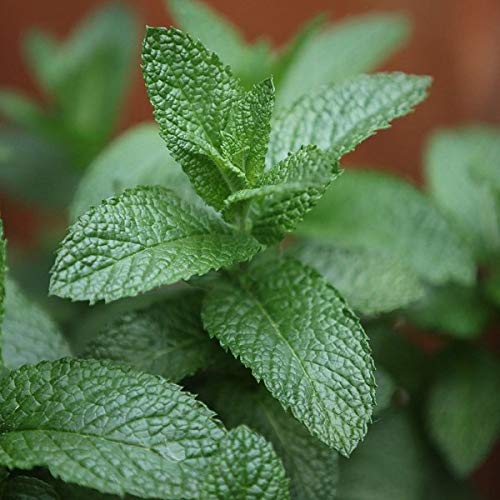
Likewise, it contributes to the fact that the various parts that may fail for some reason are disincorporated and thus avoid greater evils. When a mint is pruned, it is offered the possibility of enjoying a greater amount of air and light circulating inside, which prevents the attack of diseases.
When is it better to carry out the pruning of mint?
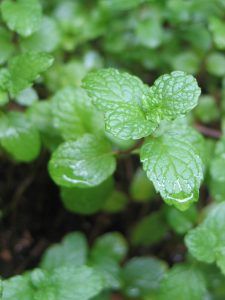 It is advisable to apply an annual pruning to mint plants, which will be carried out at the beginning of spring, ensuring that there is no risk of frost.
It is advisable to apply an annual pruning to mint plants, which will be carried out at the beginning of spring, ensuring that there is no risk of frost.
In areas where the weather tends to be warm year-round, pruning can be planned in late fall because winter won’t be a conflict.
In the case of maintenance-oriented pruning, to remove branches in poor condition, for example, they can be applied at any time.
What tools should we use when pruning a mint?
Peppermint has a structure of slender branches that can be easily manipulated with small pruning shears.
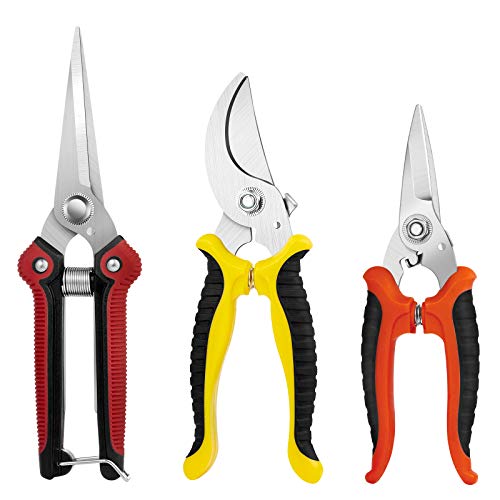
Just make sure they’re sharp and clean them with rubbing alcohol before any cuts to reduce the risk of contamination of the wounds.
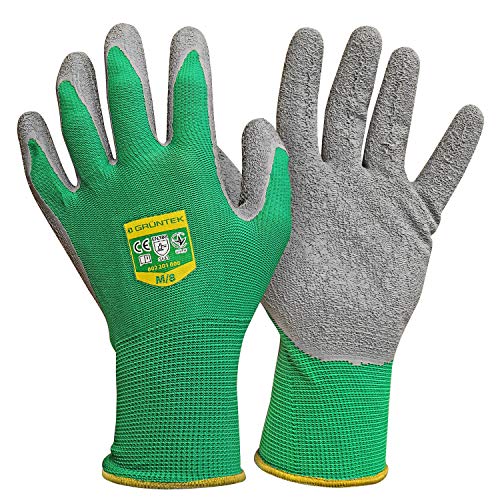
What considerations should we take into account when pruning peppermints?
Peppermint is a plant that does not generate major inconveniences when it comes to pruning because it is usually simple in structure.
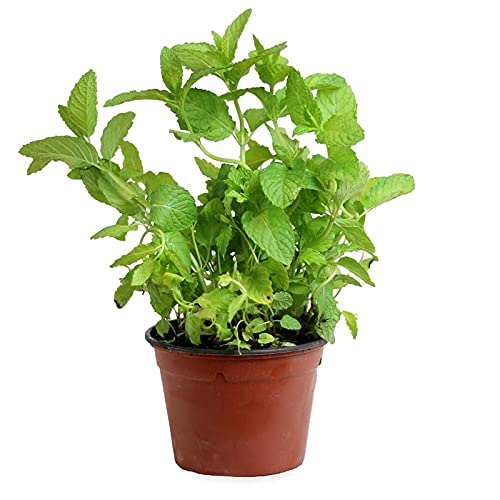
However, it is very valuable to carry out a general review of the entire plant before proceeding to apply any cut to facilitate the route to follow. Pruning tasks carry a lot of responsibility because a poorly executed cut will not be able to be fixed.
How to prune mint without damaging the plant?
The easiest route to prune peppermint is by following the steps mentioned below:
- Clean the entire plant of the parts that are in poor condition such as dry branches or leaves. Also include any stems that you see disorganized and are clashing or entangled with each other. This phase of pruning corresponds to the maintenance that you can apply at any time of the year.
- Check the location of any suckers that have sprouted between the main and secondary stems and remove them. The suckers are parts that will not develop but are capable of subtracting a large amount of energy from the plant.
- Cut the sprouts that usually appear around the root. The idea is that the plant concentrates all its energy on becoming vigorous and producing better stems of its own and not on working for the growth of a new plant.
- If the plant has already covered a few seasons and you notice it losing vitality, a good strategy is to get rid of the oldest stems by cutting them flush with the main stem. This action will allow the plant to regrow with more force and continue giving you the benefits that you have been able to enjoy until now. It is a rejuvenation pruning that you will have to manage carefully so as not to cause more injuries than it is capable of supporting because it could die.
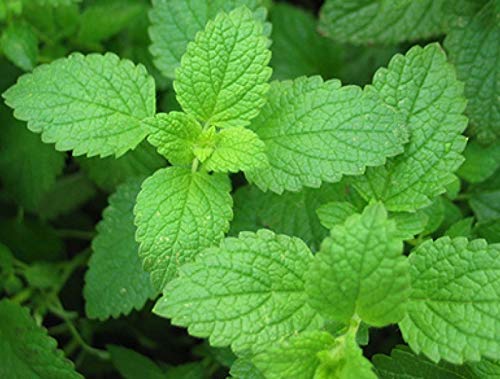
When the mint plant is kept in spaces with cool climates but that do not suffer from winter frosts, it is common to cut the leaves when they are needed. As it is a very light pruning that barely removes a couple of leaves, the specimen will feel stimulated to produce more.
If you are in an area where there is a risk of frost, you can prune and store the parts that are in good condition for use in the kitchen. You will have to let these branches dry and then store them in a glass jar so that they are available whenever you like.
Any dish or drink with mint obtains an exquisite flavor, that’s why you can’t help but take advantage of having it at home.
Maybe you are also interested in:

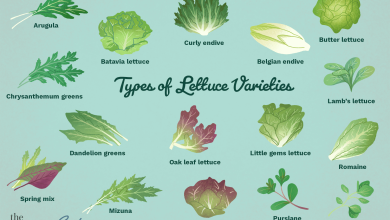
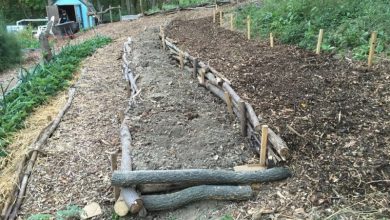

![Photo of Calateas: [Cultivation, Irrigation, Care, Pests and Diseases]](https://www.complete-gardening.com/wp-content/uploads/2022/08/calateas-cultivation-irrigation-care-pests-and-diseases-390x220.jpg)